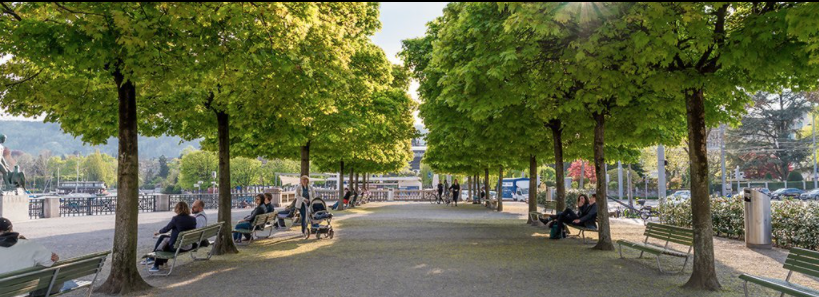||| FROM SCIENCE ALERT |||
There’s already a long list of reasons to like trees, we know. Warding off depression could be the latest entry on that list, based on a study of 9,751 residents in Leipzig, Germany.
For a more consistent measure, researchers used antidepressant prescriptions rather than self-reporting to gauge the mental health of communities, and then cross-referenced these statistics with the numbers of street trees in each area.
They reported that more local foliage within 100 metres (328 feet) of the home was associated with a reduced likelihood of being prescribed antidepressants – findings that could be very useful indeed for city planners, health professionals, and governments.
The reduction in antidepressant use linked to street trees was particularly prominent in socioeconomically disadvantaged groups. While it’s important not to take such findings too far, the results do hint that urban trees could act as a simple and affordable way of boosting mental health and assist in closing health inequality gaps across society.
“Our finding suggests that street trees – a small scale, publicly accessible form of urban greenspace – can help close the gap in health inequalities between economically different social groups,” says environmental psychologist Melissa Marselle from De Montfort University in the UK.
“This is good news because street trees are relatively easy to achieve and their number can be increased without much planning effort.”
READ FULL ARTICLE: www.sciencealert.com/street-trees-not-only-help-mitigate-climate-change-but-might-reduce-depression-too
**If you are reading theOrcasonian for free, thank your fellow islanders. If you would like to support theOrcasonian CLICK HERE to set your modestly-priced, voluntary subscription. Otherwise, no worries; we’re happy to share with you.**








I am hoping new trees to be planted are part of the solution to this “improvement” of Prune Alley. I won’t live long enough to see them mature but at least I will know they have been planted.